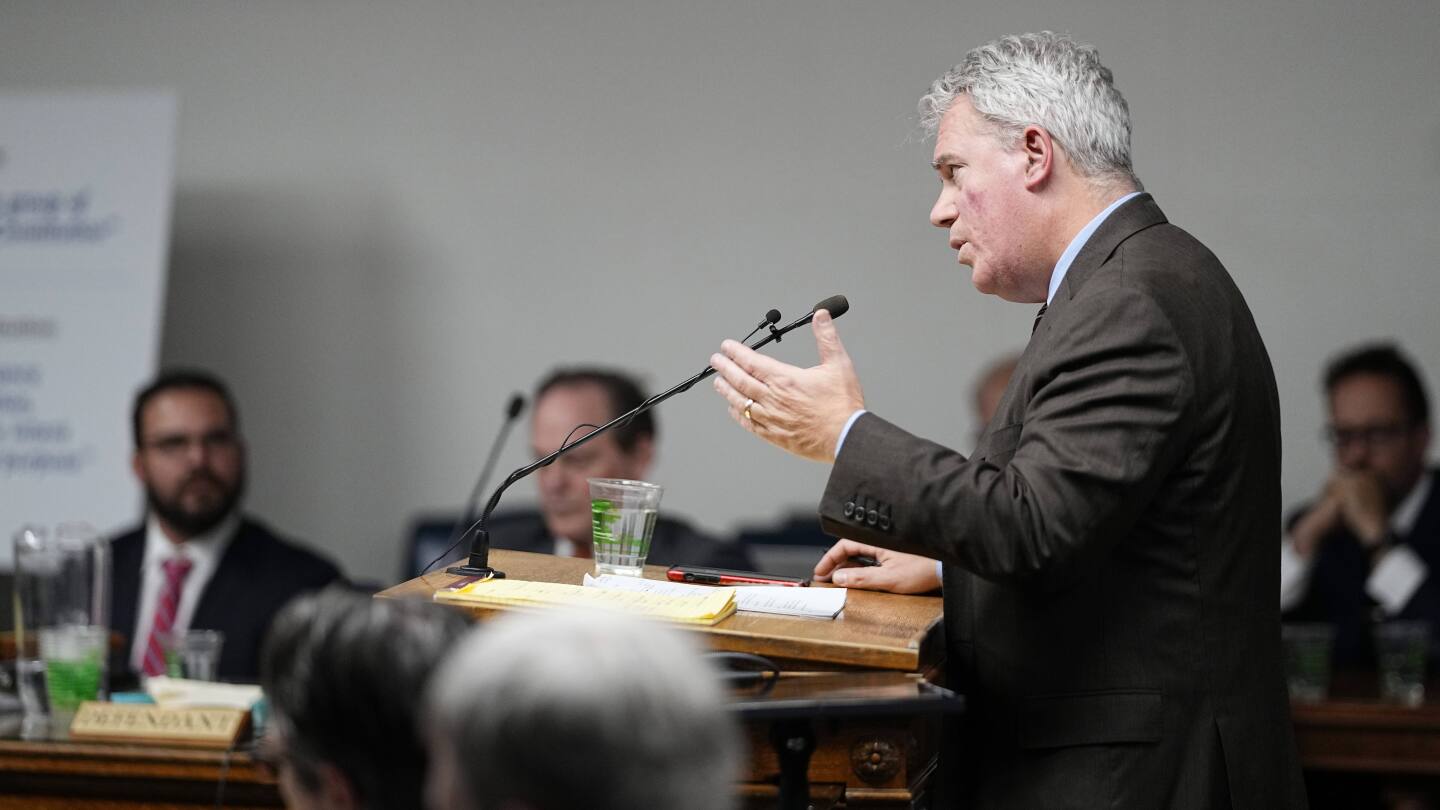- cross-posted to:
- [email protected]
- cross-posted to:
- [email protected]
A Colorado judge on Wednesday heard closing arguments on whether former President Donald Trump is barred from the ballot by a provision of the U.S. Constitution that forbids those who “engaged in insurrection” from holding office.
The hearing came on the heels of two losses elsewhere for advocates who are trying to remove Trump from the ballot under Section Three of the 14th Amendment, which bars from office those who swore an oath to uphold the U.S. Constitution and then “engaged in insurrection” against it. The measure has only been used a handful of times since the period after the Civil War, when it was intended to stop former Confederates from swamping government positions.
Last week, the Minnesota Supreme Court dodged the question of whether the provision applies to Trump, who is so far dominating the Republican presidential primary. It dismissed a lawsuit to toss him off that state’s primary ballot by saying that political parties can allow whomever they want to qualify for primaries.
The court left the door open for a general election challenge if Trump becomes the GOP nominee.



There are a couple spots in the Constitution that specifically mention the need for conviction for something to take effect, and section 3 of the 14th amendment is not one of them. We do have appeals for the rogue judge or whatever, and I think most realize that if they act too egregiously that appeal on their record won’t look good. Also, Congress has the final say on this (to allow someone to take office, at least) per the last sentence of that section.